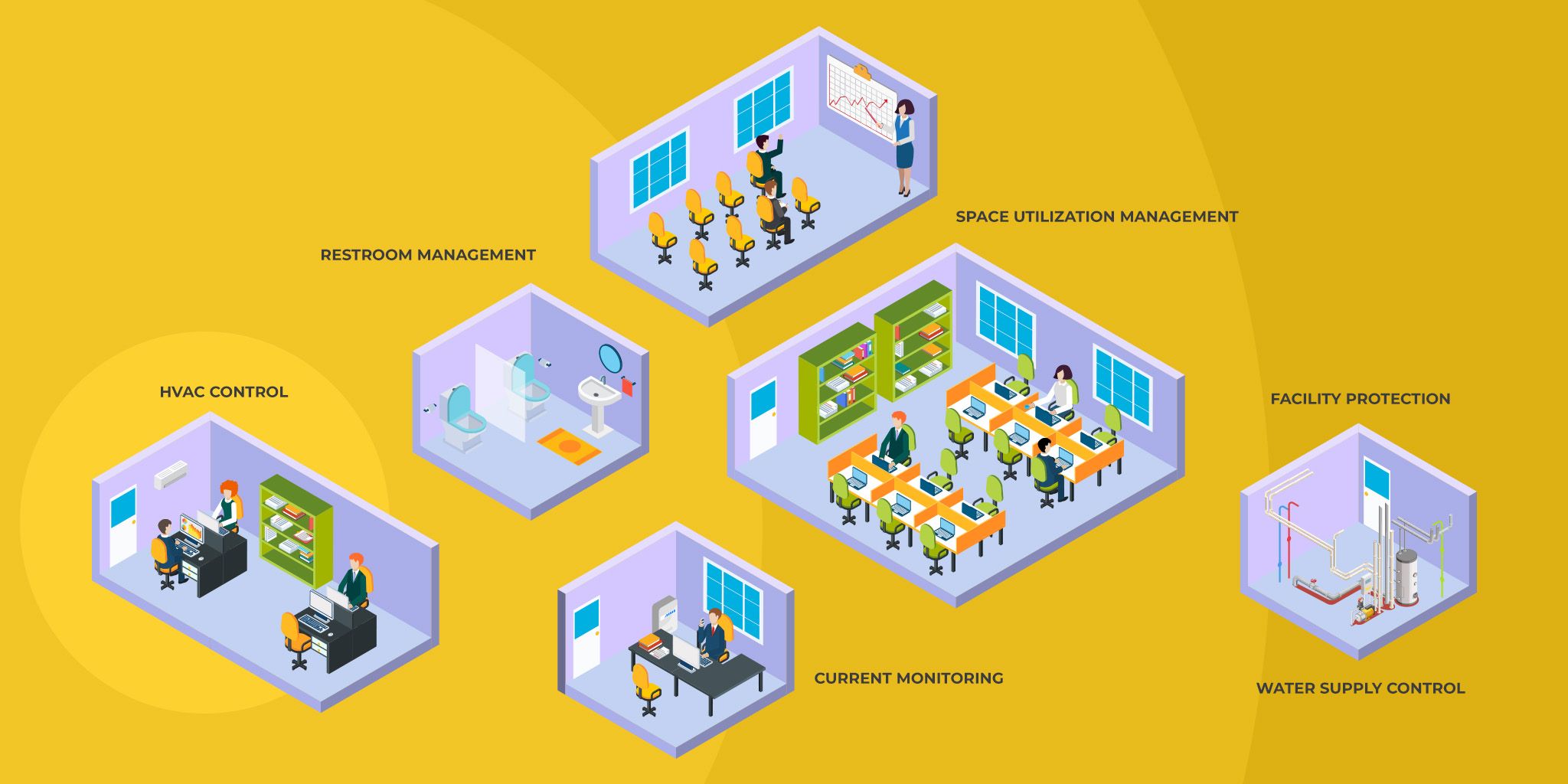How To Decide Between a Custom vs. Off-the-Shelf IoT Solution
How To Decide Between a Custom vs. Off-the-Shelf IoT Solution
- Last Updated: December 2, 2024
Twisthink
- Last Updated: December 2, 2024



The Internet of Things (IoT) has revolutionized the way we live and work, integrating technology into all aspects of our lives. From smart homes and cities to autonomous vehicles and advanced healthcare systems, IoT is a catalyst for transformation. In an increasingly digital and connected world, however, companies that do not embrace IoT risk being left behind. To stay competitive and relevant, many businesses are looking to IoT to discover new opportunities and generate new value. In searching for a solution, companies must decide between developing a custom IoT solution vs. investing in off-the-shelf solutions. This decision could make or break an IoT initiative, so it’s not a decision to take lightly. There are many factors a business must consider when choosing which direction to go.
"In searching for a solution, companies must decide between developing a custom IoT solution vs. investing in off-the-shelf solutions."
-Twisthink
The Approach
A company must have a strong, well-defined strategy to make an informed decision between a custom solution vs. an off-the-shelf solution. This includes having a roadmap for the future and a clear plan for where the business is headed.
When evaluating a solution, it should be framed within the context of the three key buckets of desirability, feasibility, and viability, and how it fits into the company's overall business model.
- Desirability: Does the solution meet your company's specific stakeholder needs? If your company has a strict set of requirements, an off-the-shelf IoT solution may not meet those needs.
- Feasibility: Does your company want to create a custom solution for a very common use case or something that hasn't been done before? If your use case does not require significant invention, leveraging an off-the-shelf solution may be able to deliver the needed capability without the added time and risk of building a custom solution.
- Viability: Is your company looking to be data-centric, data-driven, and generating significant new value from data? If yes, an off-the-shelf solution may not provide the level of data and control over your data required to live into that strategy.
Advantages & Disadvantages
Building a custom IoT solution has a major advantage in that it becomes a strategic barrier to competition. This is because a custom solution can do things that off-the-shelf solutions cannot.
However, the disadvantage of a custom solution is the significant effort required to design and develop it properly, which can take up to two years or more. This time investment may be a disadvantage, whereas an off-the-shelf solution can be taken to market much more quickly.
On the other hand, suppose a manufacturing facility wants to connect its equipment. It may not strategically make sense to build a custom solution when many existing products on the market can meet that need.
Building a custom solution may not provide a strategic advantage for the manufacturing organization, as leveraging an off-the-shelf solution may offer a more cost-effective and efficient approach.
When considering business viability, an off-the-shelf solution has a lower up-front cost, but higher recurring costs such as component and software licensing costs.
On the other hand, a custom solution offers more control over costs with customized options, including lower piece costs, and software and cloud fees. However, the company must have a larger team to support the custom solution long-term, resulting in additional costs.
If the company's strategy does not include building a team of developers and engineers to support the product, then investing in an off-the-shelf solution may be more appropriate.
A custom solution offers more flexibility than an off-the-shelf solution, especially when planning for the future. With a custom solution, a company can adapt more easily to market demands, customer needs, and emerging value opportunities.
In contrast, an off-the-shelf solution typically limits the company to the provider's product roadmap, potentially hindering the company’s ability to innovate and differentiate from competitors. A custom solution, on the other hand, offers the freedom to develop unique features and functionality that can set the company apart in the market and be more easily applied to future use cases.
Evaluation Criteria
When it comes to evaluating IoT solutions, two important factors to consider are customization and security. While they are not exclusive, they both play a critical role in the success and safety of IoT implementation.
- Customization: When evaluating off-the-shelf IoT solutions, it's important to consider customization—does it exist? Is it easy to customize? Even with pre-built solutions, customization is often necessary to meet the unique needs of businesses, such as implementing your specific business rules, adapting to your unique data types, and integrating with web portals, notification systems, or ERP/CRM systems. So, selecting a solution that offers the necessary level of customization is crucial.
- Security: Data security is another important factor to consider when evaluating an IoT solution. Since off-the-shelf solutions send data to a third party, there may be security risks as you rely on their security measures to keep data secure.
So, it comes down to the level of security that the provider has and that’s a pretty significant evaluation criterion you need to look at when considering an off-the-shelf solution. When you're in the custom domain, you have the advantage of having full control over how security is implemented both from access controls and personnel, and where data is stored. But it does put the burden on you to design those and to have the team and the development expertise to be able to do that properly.
Choosing between custom vs. off-the-shelf IoT solutions can be challenging. It all comes down to your company’s strategy and whether the solution meets your desirability, feasibility, and viability needs. Before making a decision, carefully evaluate the capabilities and tradeoffs of different solutions, and make sure it aligns with your long-term goals.
The Most Comprehensive IoT Newsletter for Enterprises
Showcasing the highest-quality content, resources, news, and insights from the world of the Internet of Things. Subscribe to remain informed and up-to-date.
New Podcast Episode

What is Hybrid Connectivity for IoT?
Related Articles



